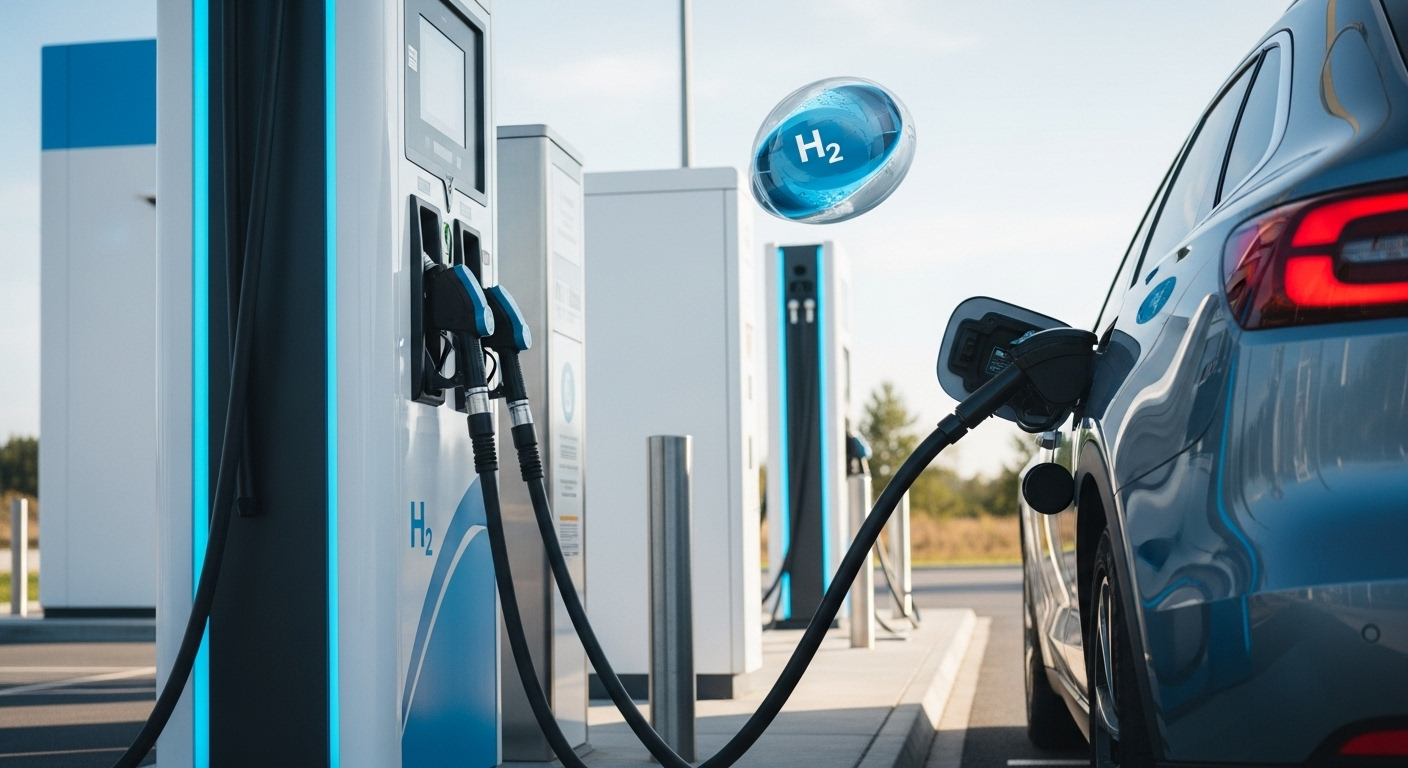Building Resilience: Small Steps for Emotional Stability
Practical small steps can strengthen emotional stability over time. This article outlines simple, evidence-informed habits—like mindful breathing, balanced nutrition, consistent sleep, gentle movement, and steady hydration—that support resilience, reduce stress, and improve focus in daily life.

Emotional stability often grows from cumulative small actions rather than single dramatic changes. By breaking resilience into manageable habits—such as brief mindfulness practices, predictable sleep routines, and regular movement—you create a foundation that supports energy, focus, and recovery during stressful times. This article explains practical steps that fit into busy schedules and highlights how minor adjustments in nutrition, hydration, and self-care can improve mental health and mobility over weeks and months.
How can mindfulness support resilience?
Mindfulness helps people notice thoughts and emotions without becoming overwhelmed by them. Short daily practices—five to fifteen minutes of focused breathing, body scans, or mindful walking—can improve attention and decrease reactivity to stress. Over time, consistent practice strengthens the ability to pause before responding, which supports emotional regulation and reduces the physiological toll of chronic stress. Mindfulness also complements other habits, making it easier to maintain sleep routines, focus during work, and rebuild energy after setbacks.
What role does sleep play in emotional stability?
Sleep underpins cognitive function, mood regulation, and recovery from daily stressors. Establishing a consistent sleep-wake schedule, reducing evening screen time, and creating a calm bedtime routine are practical steps that support deeper, more restorative sleep. Even small improvements—shifting bedtime by 15–30 minutes or reducing caffeine in the afternoon—can boost daytime energy, improve focus, and lower irritability. Prioritizing sleep is a core component of long-term resilience and aids recovery after emotionally challenging events.
How does nutrition affect energy and focus?
Balanced nutrition provides the steady energy needed for emotional control and cognitive clarity. Regular meals that include protein, healthy fats, and whole grains help maintain stable blood sugar and reduce mood swings. Hydration and adequate micronutrients—like B vitamins and magnesium—also contribute to energy and concentration. Practical steps include planning simple meals or snacks, minimizing long stretches without eating, and choosing nutrient-dense options that support sustained focus and recovery when under stress.
How can movement and mobility aid recovery?
Regular movement supports both physical mobility and mental resilience. Gentle aerobic activity, stretching, or brief strength work can reduce tension, elevate mood, and increase energy. Short movement breaks during work—standing, a few stretches, or a five-minute walk—improve circulation and cognitive focus. For recovery after emotional strain, low-impact activities such as yoga, walking, or swimming promote relaxation and help restore sleep patterns, making it easier to return to productive routines.
Why is hydration important for stress and energy?
Even mild dehydration affects concentration, mood, and the body’s capacity to manage stress. Maintaining consistent fluid intake throughout the day supports energy, cognitive clarity, and physical performance. Practical tips include keeping a water bottle at hand, setting gentle reminders to drink, and including hydrating foods like fruits and soups. Hydration pairs effectively with other habits—improving the benefits of nutrition, movement, and sleep—and helps the body recover more efficiently after stressful episodes.
How to build habits for self-care and mental health?
Habitbuilding focuses on small, repeatable actions that accumulate into lasting change. Start with micro-goals: two minutes of morning mindfulness, a nightly wind-down routine, or three short movement breaks daily. Track consistency rather than intensity and link new habits to existing routines (for example, breathe for a minute after brushing teeth). Over weeks, these micro-habits compound, improving self-care, reducing stress reactivity, and supporting long-term mental health and resilience.
This article is for informational purposes only and should not be considered medical advice. Please consult a qualified healthcare professional for personalized guidance and treatment.
Conclusion
Resilience is a set of skills and routines that can be developed gradually. Focusing on small, sustainable steps in mindfulness, sleep, nutrition, movement, hydration, and habitbuilding creates a resilient foundation that enhances energy, focus, and recovery. By integrating short practices into daily life and adjusting them to fit personal circumstances, emotional stability becomes more attainable and durable over time.






